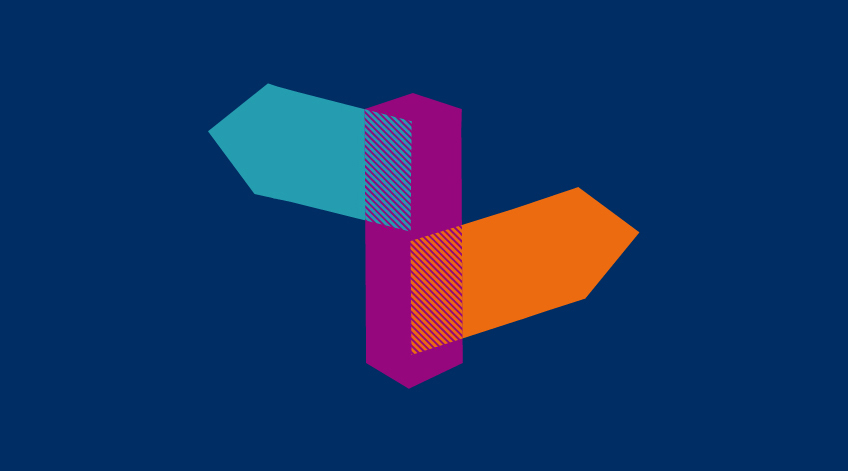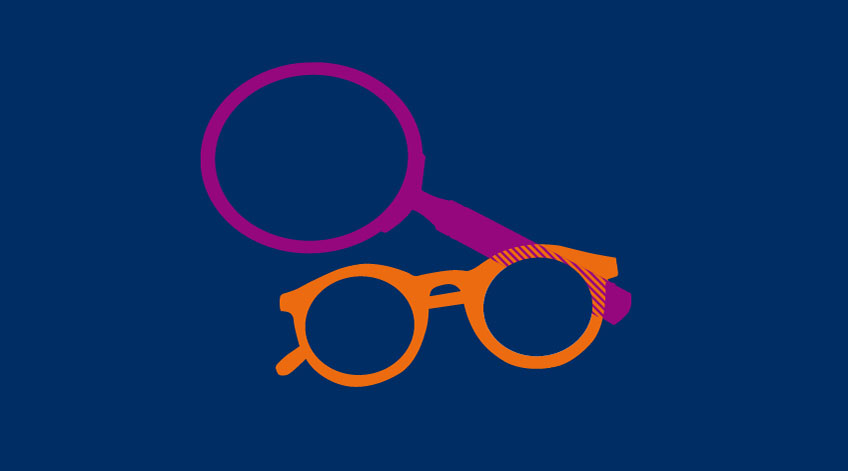On this page
1. Find the right credit card
Not all credit cards are the same, and you need to find the right offer for your spending needs.
If you’re looking for a card you can use abroad, you should look for a travel credit card with no foreign transaction fees. If you're looking for manageable monthly payments, you could look for a low rate credit card You can even find cards that reward you for shopping. If you want to clear some debt, you could find a card that offers 0% on balance transfers.
Visit our credit card comparison hub to find the right card for you.
Eligibility applies. Over 18s only.
2. Organise a credit score check
Your credit score lets providers know if you are suitable for a specific card. The better your score is, the greater choice you have when it comes to applying for credit cards and larger credit limits.
Companies, such as Experian, keep files that show how financially reliable you are. Your score is based on your history of making payments (bills), paying back credit products (mortgages, loans, etc.) and even how often you apply for credit.
Remember, unsuccessful credit card applications could affect your score, so make sure you know your credit score before starting the application process.
You can visit Experian to request your free credit score file.
3. Make sure you understand credit card offers
You need to understand what your credit limits and APR mean before accepting an offer. Credit limits and APR are based on your personal circumstances and your credit score, and if you don’t know how much you can spend and the rate you have to pay it back, you risk going over your credit limit.
If you have any questions or are unsure about the terms of the offer, ask us for a little more clarification and we can help.
4. Check your eligibility
Rejected applications for credit have a negative effect on your credit score. Each time you're rejected by a lender, it can be harder for future applications to be accepted.
If you decide that a Royal Bank of Scotland credit card best suits your needs, you can check your eligibility before you choose to apply. This happens at the start of your application and lets you know your indicative credit limit and whether you'll be accepted, before a full credit check is completed.
5. Complete the application
The easiest way to apply for a credit card is to apply online. It's safe, secure and usually doesn’t take long.
Take a look below at what you will need with you when applying.
What you'll need
It’s likely you’ll need to have the following documents to hand:
- Your address details for the last 3 years
- Your income, outgoings and employment details
- A note of any cards you wish to transfer a balance from
- Your bank account details if you're an existing Royal Bank of Scotland customer
See our credit card range
We have a range of credit cards that could meet your needs. See our range and compare the benefits today. Eligibility criteria applies. Over 18s only.
Find the borrowing option for you
If you need to borrow money and you are not sure which product might be right for you, use our helpful tool to compare the features of different types of lending.



